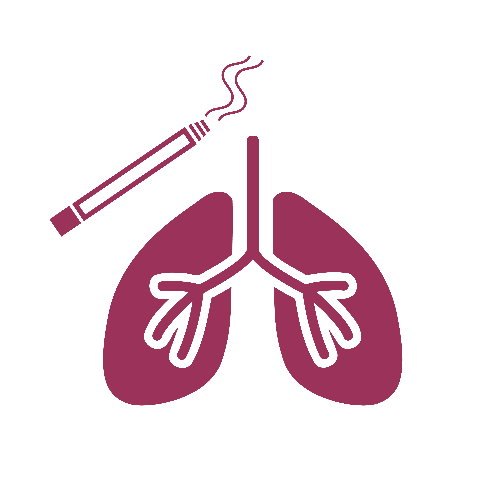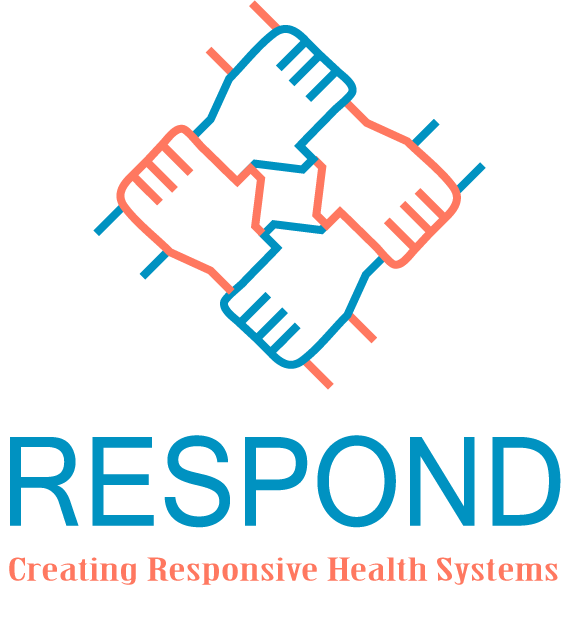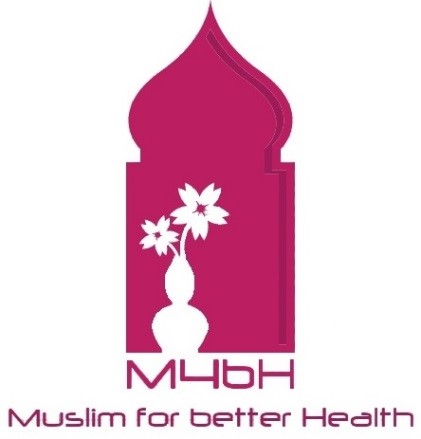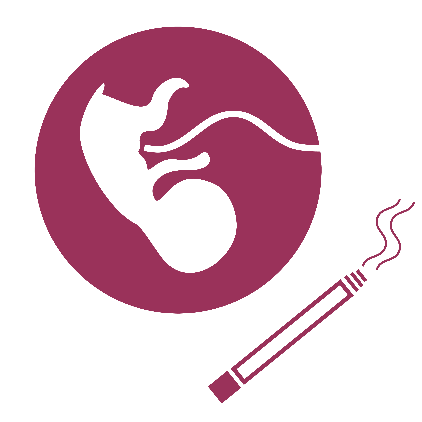The IMPACT consortium comprises four UK Universities and four partner organizations from Bangladesh, India and Pakistan. Coordinated by the University of York, IMPACT’s UK partners include the London School of Economics and Political Science, UK, University of Keele, UK, University of Dundee, UK, University of York/ Hull York Medical School, UK. Our South Asian partners
- Published in Our Work
No Comments
Background The Hajj is a massive pilgrimage that occurs once a year, involving two to three million individuals from more than 180 countries. Every year, around 120,000 pilgrims from Bangladesh perform the Hajj. One of the top causes of hospitalisation during the Hajj is acute asthma and its complications. One in five pilgrims with previously
- Published in Health Systems, Our Work
The TB and Tobacco project aims to investigate ways in which interventions designed to encourage people to stop smoking can be integrated into tuberculosis (TB) control programmes. Its ultimate goal is to improve the health and longevity of patients suffering from TB, as well as decreasing the number of people who suffer from tobacco-related
- Published in Communicable Disease, Our Work
For public health services to respond to the growing burden of NCDs among the urban poor, the proper measurement of disease prevalence, risk factors and behaviours is a crucial first step. In low- and middle-income countries (LMICs), household surveys – such as the Demographic and Health Surveys (DHS) programme and the World Health Organization’s
- Published in Our Work
Project Summary: The Foreign, Commonwealth and Development Office (FCDO) of the UK government has invested in the ‘Strengthening Midwifery in Bangladesh’ program to establish midwifery education. The FCDO is also providing technical assistance to the Government of Bangladesh through UNFPA. The government has demonstrated commitment to midwifery services by creating 2996 midwife posts. Currently, there are
- Published in Maternal Newborn Child and Reproductive Health, Our Work
Creating responsive health systems: improving the use of feedback from service users in quality assurance and human resource management in Bangladesh. is a project that aims to assist policymakers in designing a comprehensive health-systems intervention to make Bangladesh’s health system more responsive. It will do so through assessing the current system of collecting, and
- Published in Health Systems, Our Work
The main objective of this World Health Organization (WHO) funded project was to identify the barriers and facilitators of physical activities to reach Global Action Plan on the prevention of NCDs in Bangladesh. The situation analysis also attempted to provide an overall view of the current scenario regarding the presence of physical activity as a
- Published in Health Systems, Our Work
Muslim Communities Learning About Second-hand Smoke (MCLASS-II) in Bangladesh is an effectiveness-implementation hybrid study funded by the Medical Research Council, UK. Its overall aim is to reduce the burden of disease due to second-hand smoke in low- and middle-income countries by discovering innovative community-based approaches to behaviour change. It will assess the feasibility and
- Published in Health Systems, Our Work
Intervention for Mothers in Pregnancy to Reduce Exposure to Secondhand Smoking (IMPRESS) is a study that aimed to culturally adapt, and then evaluate, the effectiveness of evidence-based strategies to reduce second-hand smoking within homes in the peri-urban area of Bangladesh. It also aimed to determine the costs versus benefits of implementing such an intervention.A
- Published in Maternal Newborn Child and Reproductive Health, Our Work
The overall long-term aim of this research programme is to improve health outcomes and quality of life for people with depression and tuberculosis in South Asia. This study is aimed carring out the preliminary work for a future trial to evaluate depression care integrated with tuberculosis services. The specific objectives are: To understand the
- Published in Non-Communicable Disease, Our Work






